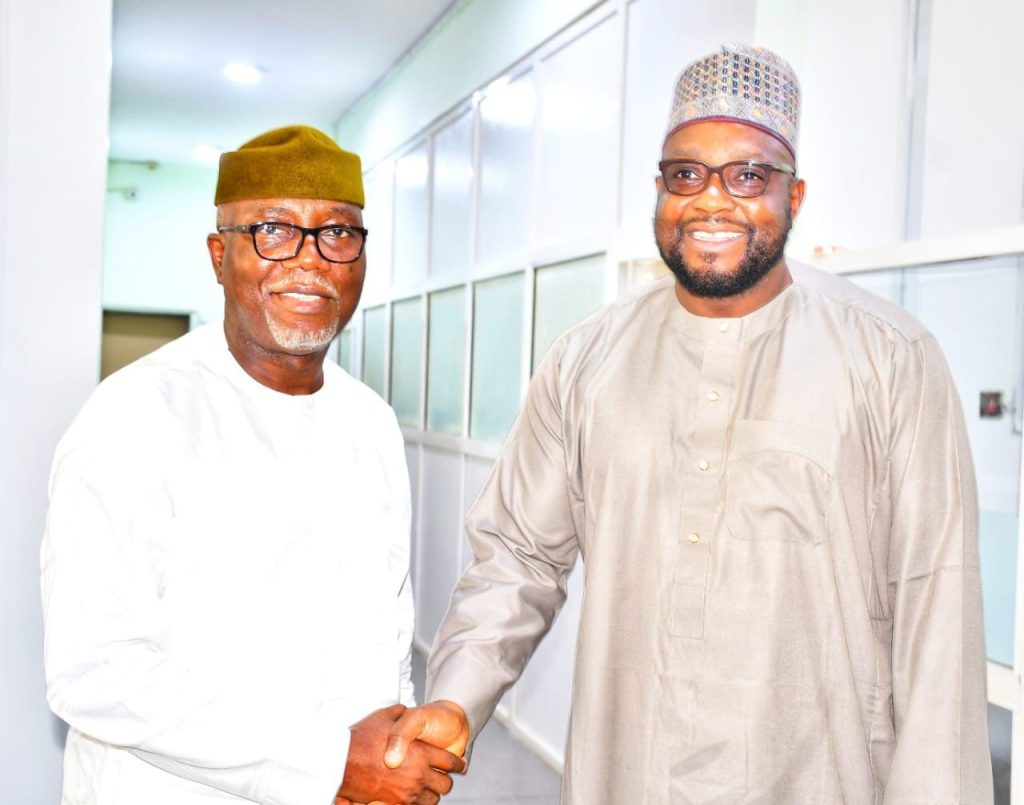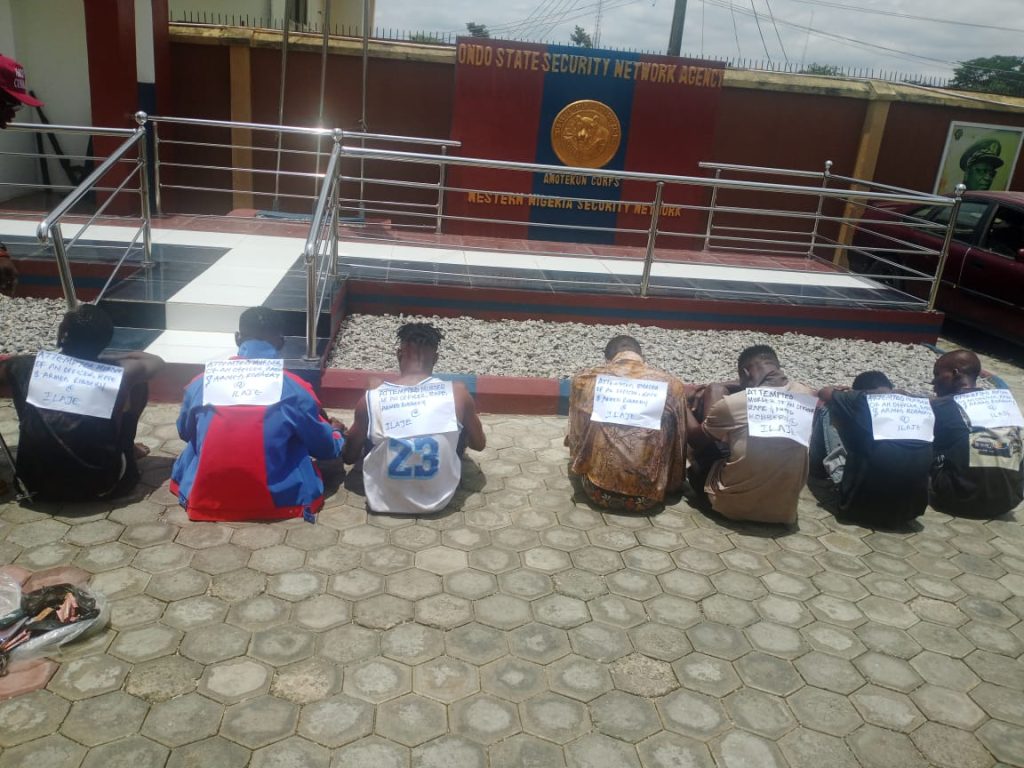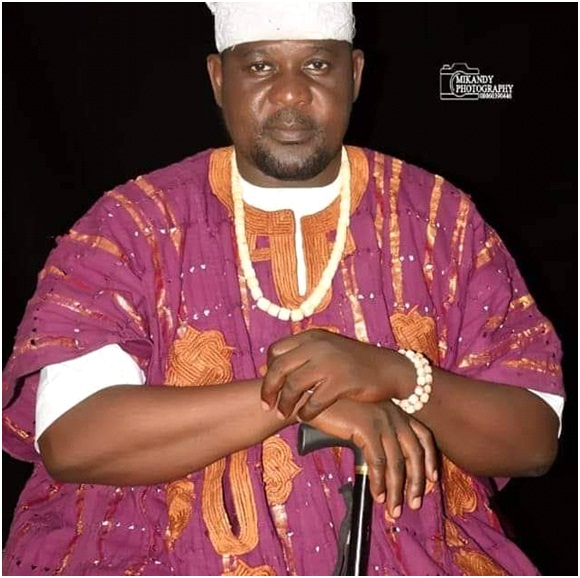Nigeria’s Twitter Ban
CITIZENS of most nations cherish their freedom of expression, and to protect it, they enshrine it in their constitutions and law books.
GOVERNMENTS or other constituted authorities’ infringement on freedom of expression, are met with severe protests and civil disobedience.
THOUGH the use of Twitter wasn’t specifically enshrined in the Nigerian constitution, millions of Nigerians see the platform as a means to exhibit unlimited freedom, so it isn’t surprising that they reacted with anger recently when the administration of President Muhammadu Buhari suspended operations of the platform for daring Independent People of Biafra, IPOB.
OF course, The Hope recognizes the ability of Twitter to subvert the governments of many nations, and in fact frowns at the way the medium allows Independent People of Biafra, IPOB, secessionists to air their divisive messages, but still, disagree that Twitter should be suspended from operations in the country.
DUE to the combined effects of COVID-19 and climate change, almost seventy percent of youths suffer from unemployment or underemployment, but Twitter provides a platform to bail them out of their predicament.
SINCE youths lack the financial wherewithal to engage marketing companies or public relations firms to push their products into the Nigerian market, Twitter gave them a platform to overcome the challenge.
CONSEQUENTLY, owners of small-and-medium-scale businesses or other classes of entrepreneurs made a lot of money to maintain a visible presence on the platform at little of or no cost.
SINCE the beginning of COVID-19, Nigerian start-up companies powered by Twitter had earned millions of dollars, leading to the employment of thousands of people.
INDEED, Twitter gave a pathway for all manner of professionals to access information and establish contacts with like-minded people on a global level, facilitating the way they carry out their business and intellectual operations.
WITH a ban on twitter, thousands of online businesses have collapsed, throwing their owners not only into a state of confusion, but into unemployment or underemployment.
TO make matters worse, the slump in the Nigerian economy precludes the capacity of the federal government to provide youths with alternatives, meaning they could be prone to criminal activities when under financial pressures.
ALSO, the Twitter ban forces thousands of youths to refocus their businesses, and this not only increase the cost of their operations, it also slows down their momentum in these tough times of economic adversity, Islamic insurgency and herdsmen invasions.
IN addition, the Twitter ban makes professionals lose their online contacts, a factor that thousands of professionals find difficult to manage, as they are now unable to conduct their business with seamless ease.
CRUCIALLY, the ban scares potential investors from putting money in the economy, as it gives the impression that government policy implemented at the whims and caprices of people on the corridors of power could crash their business activities.
UNFORTUNATELY, the ban on twitter heats up the polity, denies Nigerians their freedom of expression, makes it seem as though the government acts in an authoritarian manner.
BASED on these, we frown at the ban placed on Twitter, and feel the government should have taken other steps, even though we agree that the platform challenges the capacity of governments all over the world to tolerate activities carried out on it.
FOR instance, before the federal government took the step of banning Twitter, it should have first determined our national interest and asked whether Twitter served them, and if it did not, provide veritable alternatives for youths to exercise their freedom of expression, their ability to conduct business with ease, their ability to employ and be employed.
HOWEVER, the Twitter ban shows that it is high time Nigerians establish the country’s version of Twitter, as countries such as India, China, and others have done, instead of relying on foreign social media platforms.
UNIVERSITIES should play a part in the establishment of a Nigerian version of Twitter, as youths in their computer departments could prove invaluable in the venture.
ENTREPRENEURS should also see it as a challenge to plug a glaring loophole, especially as they have shown their increasing expertise with social media operations, through the setting up of such blogs like Nairaland and others.
SINCE social media operations directly affect the ability of youths to survive in these desperate times, they should patronize a Nigerian version of Twitter, as they have been supporting hundreds of blogs in the country.
FINALLY, youths should not see the Twitter ban as the end of an era, but as a challenge to evolve a Nigerian version of the social media platform to power their entrepreneurial talents and their thirst for freedom of expression in these troubling times.









